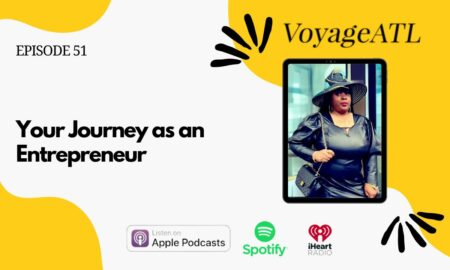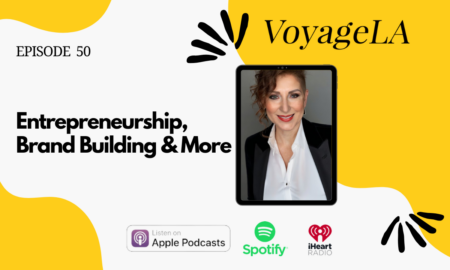

Today we’d like to introduce you to Emily Hamilton.
Thanks for sharing your story with us Emily. So, let’s start at the beginning and we can move on from there.
Before I started college, I was not as outspoken as I am today. While growing up, I was constantly told that the world is irreversibly damaged, and there is nothing we can say or do to make any significant improvements for our communities. The combination of this ingrained mindset and negative experiences resulted in learned helplessness. Believing that my voice did not hold any power, I painfully remained silent about social injustices that I witnessed and endured on a regular basis. I did not understand how harmful this lack of action and muteness was towards helping people who have no voice or power about their struggles.
“The only thing necessary for the triumph of evil is for good men to do nothing”, are wise words of Edmund Burke that broke my silence. After realizing that this destructive muteness only allows marginalized people to continue dying from immoral violence, I finally understood that my voice is powerful- and that revolutions occur when enough voices come together and take action. My lost hope blossomed into a fiery passion to speak out on what younger people around me typically tend to remain silent on. I believe that with enough eager and determined people, we can successfully devise and implement creative solutions and ideas to locally reduce homelessness and assist homeless students with their educational achievements.
Overall, has it been relatively smooth? If not, what were some of the struggles along the way?
It hasn’t been a smooth road discovering the inner potential to make long-term impacts in the lives of many people. I’ve changed my major three times since I’ve attended Mercer University. I went from Psychology and Religion to Political Science and Communications. It took three years to figure out my calling. The difficult part of this transition was ignoring the pressure to stick with one major after finishing many courses for it, and learning to recognize and filter toxic people in my life.
My advice to young women as they start their journey on finding their calling is to allow plenty of time for self-reflection. The life of a college student can get extremely hectic, and we can easily forget to sit down and reflect on ourselves as we’re on the path of self-development. This step is crucial for fully understanding ourselves. This allows us to process everything we experience in a healthy way, and it also helped me make a smoother transition with my major changes.
Please tell us more about your work, what you are currently focused on and most proud of.
I am currently a junior senator for Mercer University’s Student Government Association, and I am a full-time intern for State Representative Miriam Paris. I will be serving as a legislative aide at the State Capitol during their next session in 2020. Some duties that I will be responsible for are tracking bills, writing a few speeches, following legislation, etc. This internship fits well with some goals that I want to fulfill in the Macon community. I will be starting an organization on campus that advocates for the homeless. Students will learn how to effectively advocate while meeting with their elected government officials, spreading awareness and education about youth and family homelessness, and creating ideas to help homeless students improve their education experience.
My main focus is advocacy work and encouraging others to become more politically active in their city. What sets me apart in striving toward my goals is the amount of extensive research I’ve dedicated towards learning how to drastically reduce homelessness with an optimistic attitude and being vehemently persistent about changing our norms. I refused to let preconceived notions about homelessness hinder me from striving towards the ultimate goal of transitioning cities of the homeless into a stable life. Many people view homelessness with a pessimistic mindset due to the high numbers of those suffering from it. They believe that their contributions will not make a major difference besides occasionally volunteering, which ultimately does not produce long-term benefits for those suffering in deep poverty. This mindset in our society reminded me of my old mentality of learned hopelessness- and I want to transform the public’s common perception about their potential to influence and create viable social movements.
There’s a wealth of academic research that suggests that a lack of mentors and networking opportunities for women has materially affected the number of women in leadership roles. Smart organizations and industry leaders are working to change this, but in the meantime, do you have any advice for finding a mentor and building a network?
My advice is try to go directly to the person you want to have as a mentor instead of sending emails or calls if possible. A lot of students tend to solely apply for internships online rather than trying to locate the desired person of contact and meeting them in person. When you get to speak to them in person, I would have what’s called the “30 Second Elevator Speech” prepared for them. This thirty-second speech is simply a brief outline that communicates who you are, what your intentions are with this person, and how your contributions will benefit them in the future. I implemented this technique to grab the attention of my mentor. Being direct, concise, passionate, and enthusiastic about your plan as you speak to them will help you stand out compared to other candidates!
Contact Info:
- Email: emily.hamilton084@gmail.com
- Instagram: @emgotcurls




Suggest a story: VoyageATL is built on recommendations from the community; it’s how we uncover hidden gems, so if you or someone you know deserves recognition please let us know here.



















